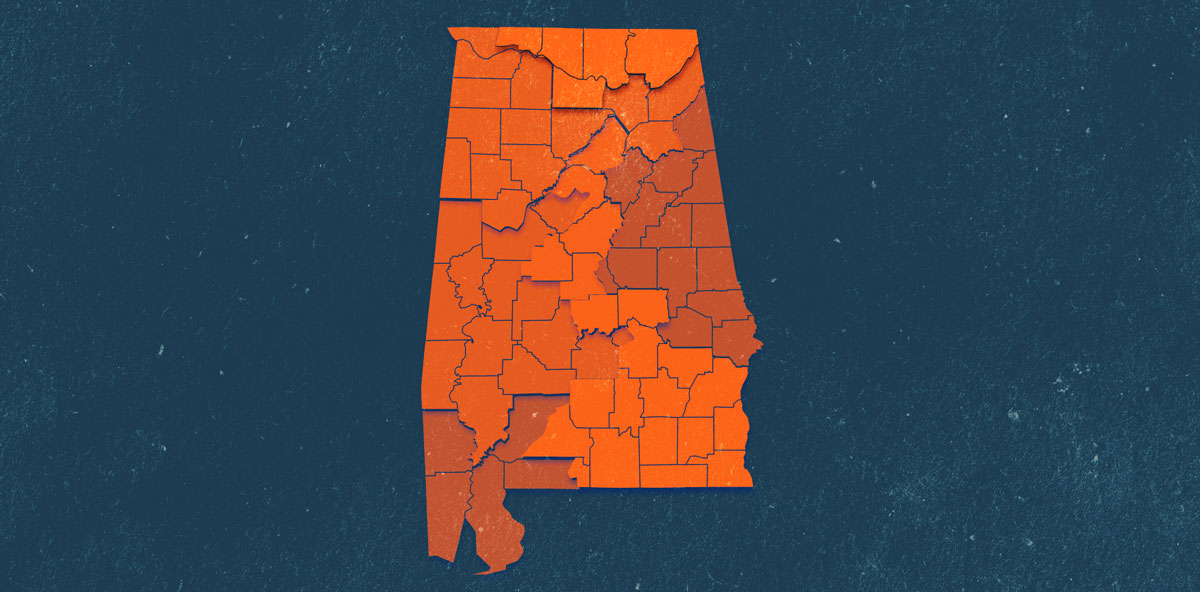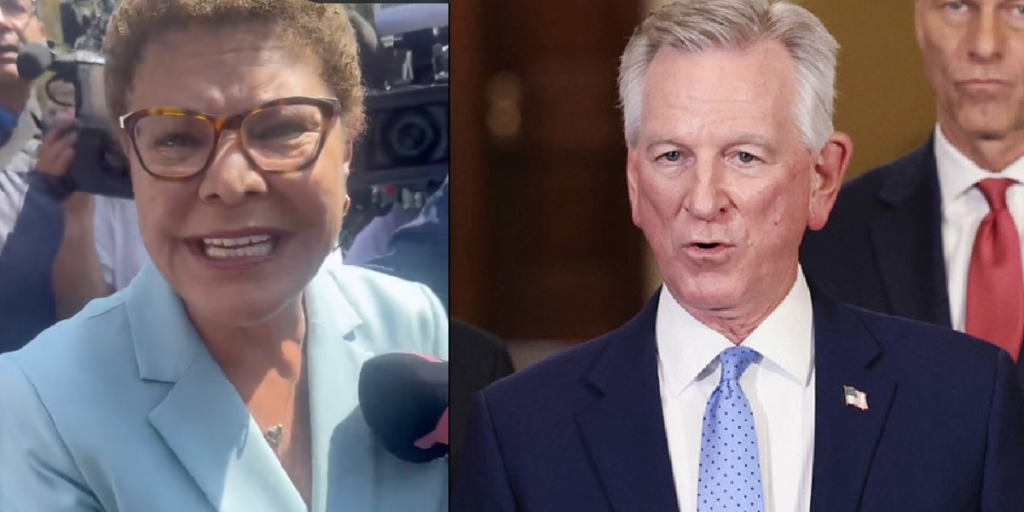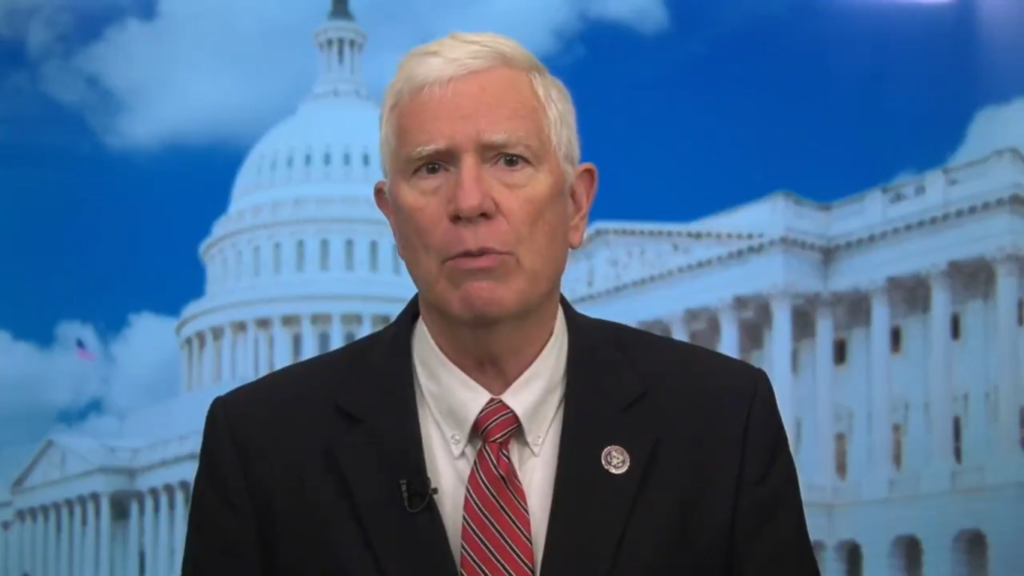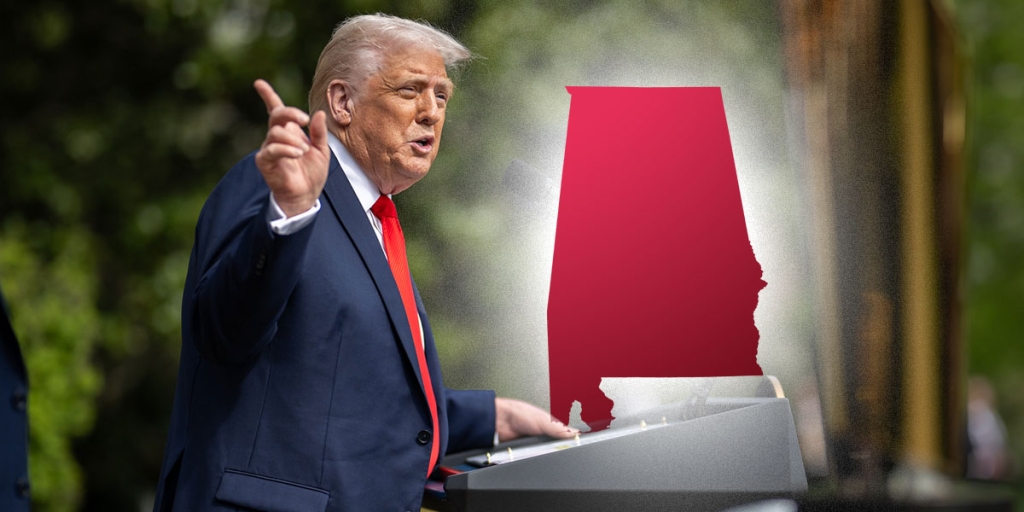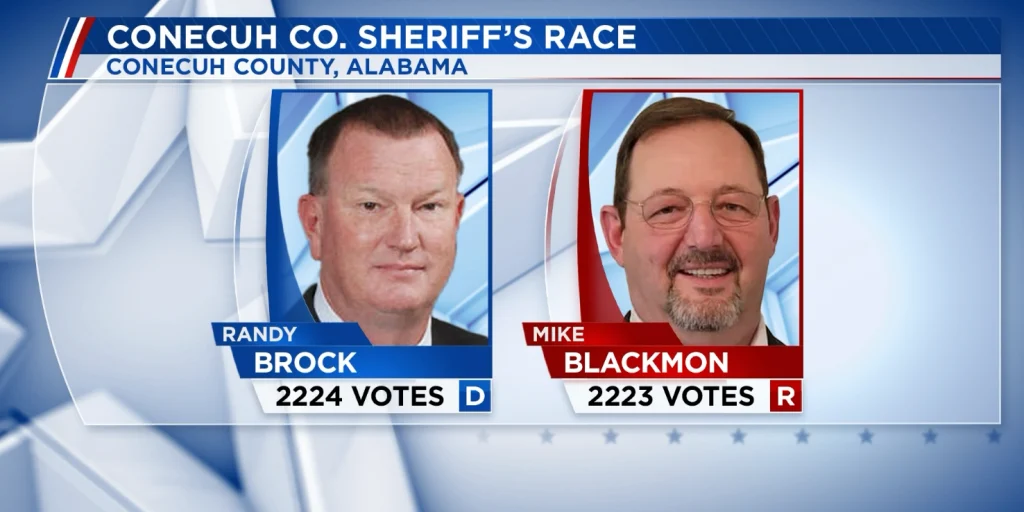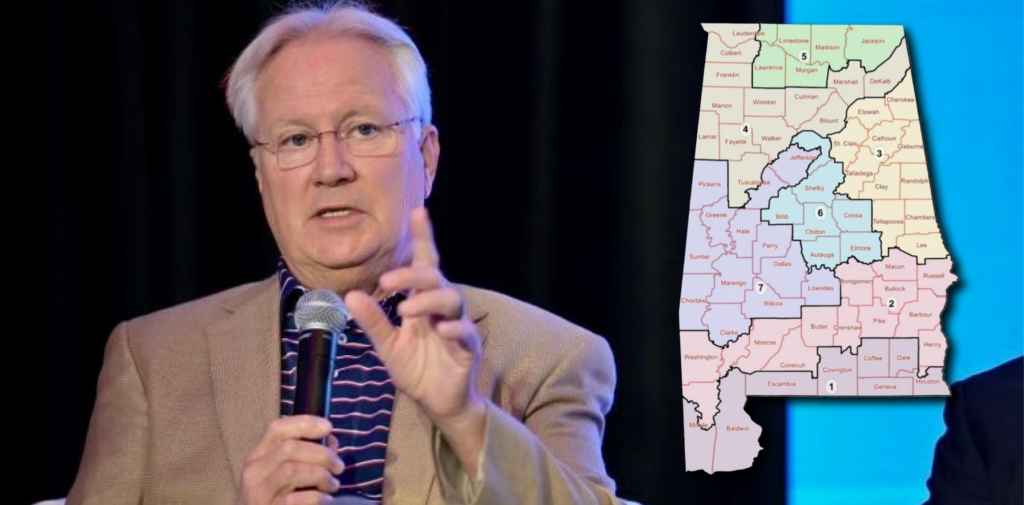In June, the three-judge panel that is hearing Alabama’s Congressional redistricting case ordered the State Legislature to prepare a new redistricting map that created two majority Black congressional districts “or something close to it.”
The Legislature held a special session in July and refused to follow that order, instead adopting a redistricting map by State Sen. Steve Livingston (R-Scottsboro) that simply increased the Black voting age population in Alabama’s Second Congressional District from 30% to 39.9%.
RELATED: U.S. Supreme Court rejects Alabama Legislature’s maps
However, the court rejected that map and appointed Richard Allen as special master to submit plans to the court that did make those changes.
Allen submitted three maps Monday that redraw the Second Congressional District 2 with Black voters comprising 48.5% to 50.1% of the voting-age population.
According to Allen’s analysis of past elections, the candidate preferred by the Black voters of the Second District would have prevailed in most of the previous elections if these maps had been utilized.
“A performance analysis in this case should demonstrate that the Black-preferred candidate often would win an election in the subject district,” he wrote.
Candidates that were preferred by the Black voters of the district would have won 13 of 17 recent elections and 16 of 17, depending on which of the three maps are ultimately adopted.
The special master could have taken Alabama as a blank slate, created two majority- minority districts (or something close to it) and then divided up the remainder of the state however he felt best.
Allen did not do that.
According to the filing, “The Special Master minimized changes to the Legislature’s 2023 Plan to the extent possible by maintaining most district boundaries and retaining the vast majority of people within the same districts they were in under the 2023 Plan.”
Most North Alabama voters will find that little has changed for them and their congressional
districting from the 2023 Livingston plan.
Allen also avoided putting two representatives in the same district except in south Alabama where Republican Reps. Barry Moore of the Second District and Jerry Carl of the First District are now in Carl’s district.
Carl, who lives in Mobile County, also had his home county heavily divided in the special
master’s maps. In all three of the plans, most of the city of Mobile is now in the Second Congressional District. The majority white Wiregrass counties along the Florida line to the Georgia line are also now in the First District, along with Barry Moore’s home in Enterprise.
“The Special Master also considered other traditional redistricting criteria — in particular
compactness, contiguity, respect for political subdivisions, and maintenance of communities of interest,” the filing said.
The special master, quoting extensively from the ruling by the U.S. Supreme Court in June and the three-judge panel in 2022, said Mobile is in a community of interest with the Black Belt much more so than with Baldwin County.
He also dismissed claims by the state that dividing the Wiregrass counties is a problem.
If the 2024 election proceeds with any of these three maps, the Second Congressional District will be an open seat because there isn’t an incumbent in the district.
The Constitution does not require that a member of Congress live in their district; it requires representatives live in the state that they represent. That means either Carl or Moore could potentially run in the Second District – though that would be a daunting proposition given the demographics cited in Allen’s analysis.
RELATED: Carl announces reelection bid after Fed-proposed map signals primary with Moore
The special master cited the 11 maps presented by the three plaintiffs groups as well as other maps submitted to the special master as being used in the preparation of these three maps.
Rep. Terri Sewell (D-Birmingham) welcomed the likelihood that there will soon be a
second Democrat representing the state of Alabama in Congress.
“Today, despite the relentless efforts by state officials to delay, obstruct, and defy, we are one step closer to having fair congressional maps in the State of Alabama,” she said in a statement. “I applaud the special master for submitting three strong proposals which prove what we have long known to be true; the creation of two districts where Black voters can elect a candidate of their choice was possible from the very beginning.
“I look forward to the adoption of one of these proposals and I remain ready and eager to
continue representing the great people of Alabama’s 7th Congressional District.”
The three-judge panel has tentatively set Oct. 3 as the date to meet and decide which map to adopt.
Last Friday, the U.S. Supreme Court agreed to hear Alabama Attorney General Steve Marshall’s request that this process be put on hold while it hears the state’s appeal.
The major party primaries are March 5 with candidate-qualifying for Congress and other
offices beginning next month.
To connect with the author of this story or to comment, email [email protected]




